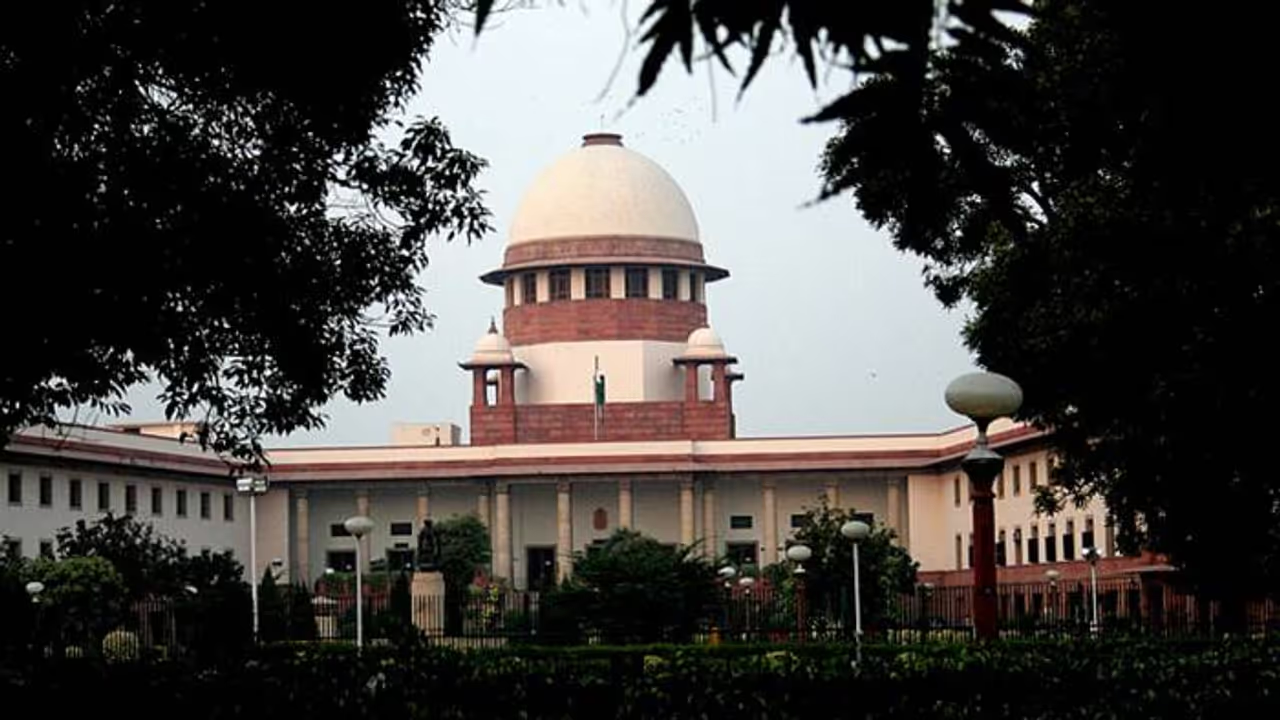The Supreme Court has said that mere allegations of harassment are insufficient to convict someone for abetment of suicide under Section 306 of the Indian Penal Code (IPC).
The Supreme Court has said that mere allegations of harassment are insufficient to convict someone for abetment of suicide under Section 306 of the Indian Penal Code (IPC). The top court underlined that concrete evidence of direct or indirect incitement is essential to sustain such charges.

Delivering its verdict on an appeal challenging the Gujarat High Court's refusal to discharge a man and his parents accused of harassing a woman who later died by suicide, a bench comprising Justices Vikram Nath and P.B. Varale shed light on the legal prerequisites for proving abetment of suicide.
The case, dating back to 2021, involved allegations under Sections 498-A (cruelty towards a married woman) and 306 (abetment of suicide) of the IPC. Section 306 prescribes a jail term of up to 10 years and a fine.
"For a conviction under Section 306 of the IPC, it is a well-established legal principle that the presence of clear mens rea—the intention to abet the act—is essential. Mere harassment, by itself, is not sufficient to find an accused guilty of abetting suicide," the bench observed in its December 10 judgment.
The court emphasized that the prosecution must provide irrefutable evidence of deliberate actions or omissions by the accused that led the victim to take their own life. It ruled that mens rea cannot be presumed or inferred and must be explicitly established.
"Without this, the foundational requirement for establishing abetment under the law is not satisfied, underscoring the necessity of a deliberate and conspicuous intent to provoke or contribute to the act of suicide," the judgment stated.
What is the case?
The woman's father had lodged an FIR against her husband and in-laws, accusing them of subjecting her to physical and mental harassment, particularly because the couple remained childless for the first five years of their marriage, which began in 2009. In April 2021, the woman died by suicide by hanging herself, prompting charges under Sections 306 and 498-A of the IPC.
The Gujarat High Court had previously upheld a trial court’s decision to frame charges under both sections against the accused. However, the Supreme Court, after meticulous scrutiny of the case, discharged the accused under Section 306 while allowing charges under Section 498-A to proceed.
The bench noted that the deceased had not filed any complaints of cruelty or harassment during the 12 years of her marriage. However, the absence of prior complaints does not automatically negate the occurrence of harassment, it clarified.
The court further remarked that allegations of harassment, unless substantiated by compelling evidence of a positive act closely linked to the suicide, cannot result in conviction under Section 306.
"The appellants’ argument that the deceased had not made a single complaint for cruelty or harassment against the appellants in the twelve years of marriage cannot be sustained. Merely because she did not file any complaint for twelve years does not guarantee that there was no instance of cruelty or harassment," the bench noted.
In conclusion, the bench allowed the appeal in part, discharging the accused under Section 306 but upholding charges under Section 498-A, which will proceed to trial.
Also read: Union Cabinet clears 'One Nation, One Election' proposal, comprehensive bill soon
